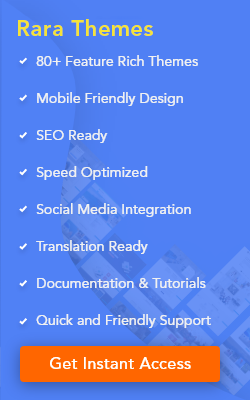Overview
In gRPC, a client application can directly call a method on a server application on a different machine as if it were a local object, making it easier for you to create distributed applications and services. As in many RPC systems, gRPC is based around the idea of defining a service, specifying the methods that can be called remotely with their parameters and return types. On the server side, the server implements this interface and runs a gRPC server to handle client calls. On the client side, the client has a stub (referred to as just a client in some languages) that provides the same methods as the server.
gRPC clients and servers can run and talk to each other in a variety of environments – from servers inside Google to your own desktop – and can be written in any of gRPC’s supported languages. So, for example, you can easily create a gRPC server in Java with clients in Go, Python, or Ruby. In addition, the latest Google APIs will have gRPC versions of their interfaces, letting you easily build Google functionality into your applications.
Working with Protocol Buffers
By default, gRPC uses Protocol Buffers, Google’s mature open source mechanism for serializing structured data (although it can be used with other data formats such as JSON). Here’s a quick intro to how it works. If you’re already familiar with protocol buffers, feel free to skip ahead to the next section.
Protocol buffer versions
While protocol buffers have been available to open source users for some time, most examples from this site use protocol buffers version 3 (proto3), which has a slightly simplified syntax, some useful new features, and supports more languages. Proto3 is currently available in Java, C++, Dart, Python, Objective-C, C#, a lite-runtime (Android Java), Ruby, and JavaScript from the protocol buffers GitHub repo, as well as a Go language generator from the golang/protobuf official package, with more languages in development. You can find out more in the proto3 language guide and the reference documentation available for each language. The reference documentation also includes a formal specification for the .proto file format.
In general, while you can use proto2 (the current default protocol buffers version), we recommend that you use proto3 with gRPC as it lets you use the full range of gRPC-supported languages, as well as avoiding compatibility issues with proto2 clients talking to proto3 servers and vice versa.

